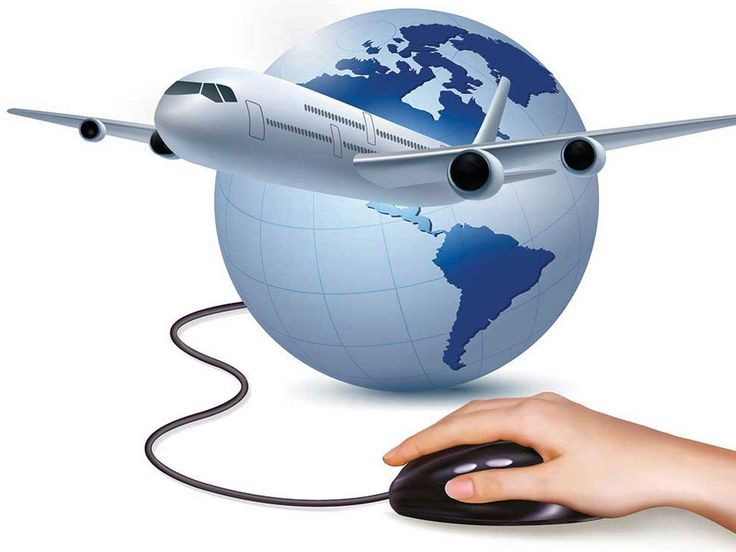Compliance and Demand Management
A well-formulated travel management program ideally enforces the importance of travel policy compliance and more importantly the significance of demand management across the corporation.
Demand management refers to the optimization of business travel plans to include only those trips that are truly essential and unavoidable for a company's bottom-line. It involves avoidance of travel cost through technology, such as net meetings, videoconferencing and webinars to achieve business objectives where possible. Integrating preference for technology-based meetings in a travel policy can highly assist corporations in avoiding non-essential travel costs altogether.
To maximize savings where travel is essential and unavoidable, Jetways Travels advises corporations to encourage travel policy compliances by dedicating efforts to understand traveller behaviour, especially the reasons that induce travellers to book out of policy and reform travel policies accordingly. According to industry research, travel policy compliance in itself can garner a savings of as much as 20 Percent.
While corporations should encourage travellers to comply with all travel policies, special focus should be in the following areas:










